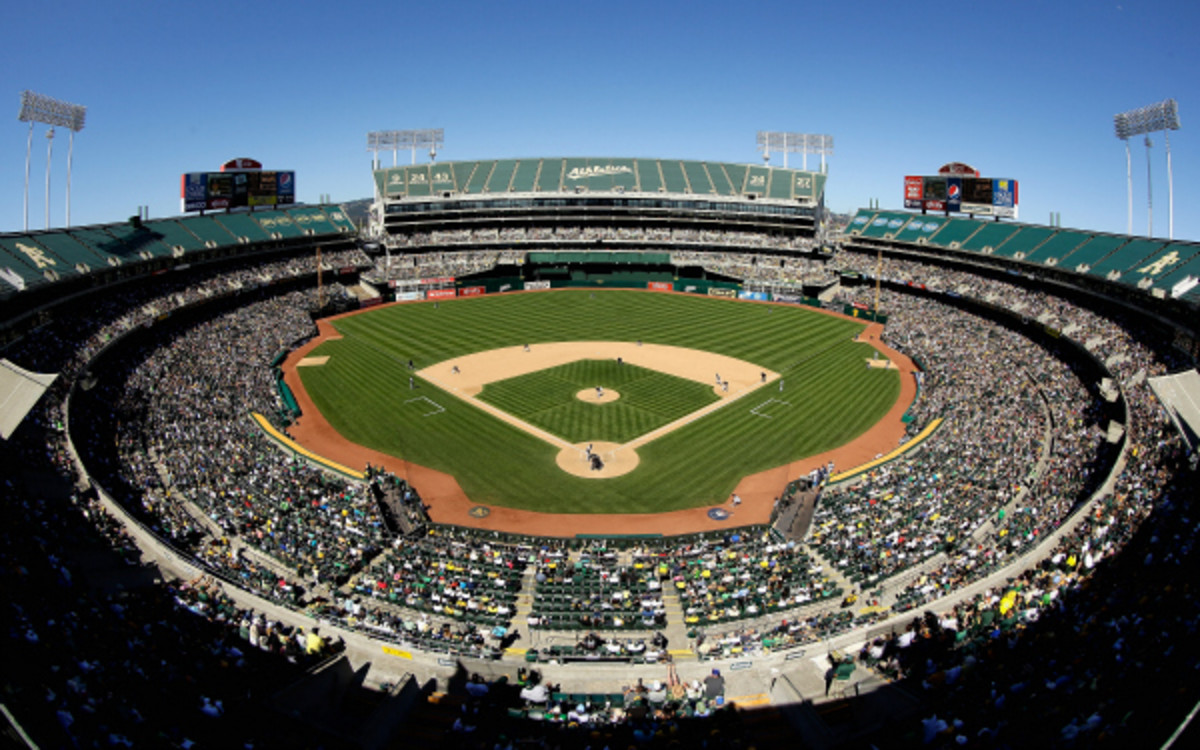San Jose City Council to sue MLB for refusing to let A's move to San Jose
The A's have faced numerous issues at the 47-year-old Coliseum including sewage backups in the clubhouse. The city of San Jose is suing Major League Baseball for refusing to allow the team to relocate. (Ezra Shaw/Getty Images)
The San Jose City Council has voted to sue MLB for refusing to let the Oakland A's move to San Jose, reports ABC News' Bay Area affiliate.
The A's have faced problems with the Coliseum, its 47-year-old stadium shared with the Raiders, for years. On Sunday, a plumbing issue caused raw sewage to back up into the clubhouse -- and not for the first time. A's owner Lew Wolff wants to move to San Jose, and the city welcomes the team's relocation. But the San Francisco Giants claim territorial rights and the office of Commissioner Bud Selig has refused to rule against the Giants.
The San Jose City Council says the city is losing $130 million because of the league's stalled process in allowing the A's to move to San Jose, and claims that the MLB has conspired to limit competition by controlling location of teams. Commissioner Bud Selig and the 30 teams that make up the league are named as defendants.
SI WIRE: A's owner apologizes for raw sewage leak at stadium
The attorney on the case, Joe Cotchett, explained the rationale behind the lawsuit. From the ABC News report:
"This is all about economics. And, you have a city like San Jose, the tenth largest city in the United States, cannot get a baseball club. I can name you other cities that are pulling for San Jose for the same reason. They want the right and the chance to bring a baseball team to their city, their county, whatever it might be." "Bud Selig appointed a commission to look at this very proposal that you just mentioned not one, not two, but four years ago. They're still studying the situation," Cotchett told ABC7 News.






